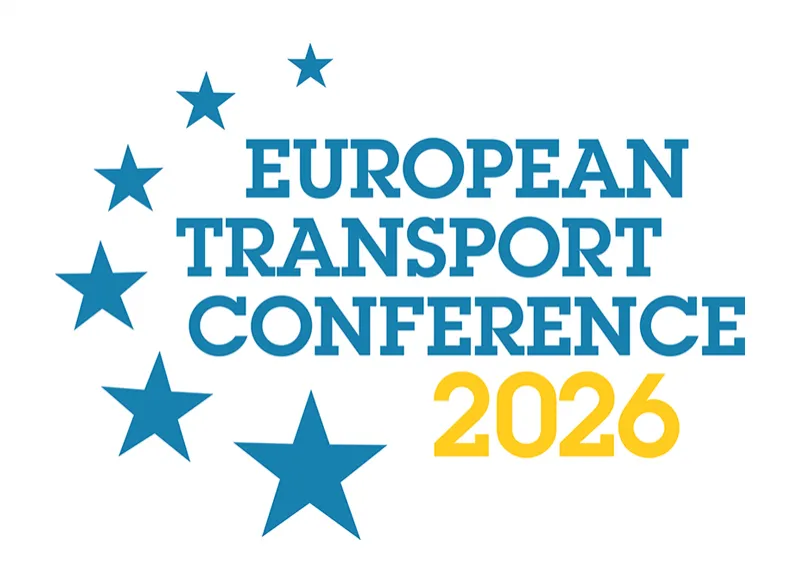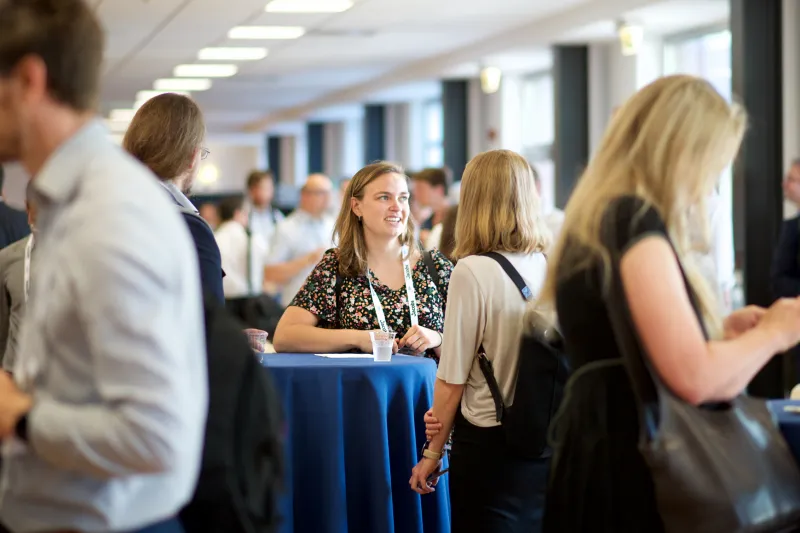![]()
By Peter Endemann
Rail Policy & Planning Committee Chair
Overall, the ETC came out very good, not to say one of the best ETC ever. The ETC 2022 was somewhat memorable as for many delegates it was the first in person event since Covid.
The Rail Policy and Planning (RPP) sessions were mostly well attended, and the quality of speakers, participants and papers was very high.
Having said this and given RPP’s challenge to identify sources of innovation and to enhance the diversity of presenters, and the “somewhat competition” with other streams, a good balance of research and practical presentations from numerous countries and contexts could be offered.
In RPP’s sessions, new things had to be discussed, in particular post Covid recovery of rail passenger demand, and the impact of home-working which is likely to have a long-term impact on our industry.
Also discounted season tickets like the “Klimaticket” in Austria or first insights on the “€9 Ticket” in Germany were part of the puzzle on how to continue with passenger rail in the mid- and long-run.
There was also liveable debate on the Covid impact but also on how rail companies will find a strategy in the future where Covid is not the sole impact to cope with.
Indeed, demography and overall travel behaviour of manifold user groups taught us to always look closely and not to be surprised. This shows that we need to expect the unexpected when making plans.
![]()
By Vladimir Momčilović
Global Trends Impacting Transport Committee Chair
At the 50th anniversary ETC conference the Global Trends impacting Transport (GTiT) programme committee reunited transport researchers, professionals and decision-makers in person after two years of ‘remote presence’ to share their findings, project progress, thoughts and ideas.
Our initial day sessions enclosed papers dealing with COVID-19 impacts on European- and worldwide changes in travel behaviour and traveller attitudes, followed by a session questioning its negative impacts on rail travel.
The second day opening session focused on electric mobility and its recent developments and prospects, followed by two sessions devoted to urban sustainable and active mobility evidence and strategy, finishing with a session dealing with public engagement in local and global policy making.
The final (closing) day was devoted first to a very inspiring discussion session devoted to long term relations between transport and geopolitics, transport planning in challenging and ever-changing circumstances, followed by a transport sustainability session.
Beside very good quality presentations, the conference participants had fruitful discussions, exchanging views on problems and challenges, sharing lessons learned from recent disruptions, suggesting further research.
We think that transport researchers, professionals and decision-makers acquired fresh views on actual transport problem solving and out-of-the-box thinking in extraordinary circumstances.
![]()
By Thierry Vanelslander
Freight & Logistics Committee Chair
For the Freight & Logistics Committee, the first physical conference again in three years was a great gathering, and a much-appreciated chance to meet up live again and exchange views and hold formal and less formal chats.
Even though a bit distant from Milan’s city centre, the site offered nice session rooms and good break and meeting areas. In the sessions, classic topics as well as hot issues passed by, including among the classics for instance the application of various types of models to freight transport; mode shift policy; port, maritime and supply chain issues.
A current hot topic is energy use in freight transport, which got a separate session allotted. Forecasting is another current issue that got a specific session, clearly inspired by the disruptions and uncertainties featuring global supply chains since COVID and still on today.
The Friday train strike in Milan was a clear illustration of such disruptions, and the impact they have on all kinds of potential passengers, be it not a freight case.
Especially remarkable was the increase in attention paid to urban freight transport, with three specific dedicated to urban policies and practices. It is apparent that a large part of the logistics operations, but also of the related costs and linked negative external effects (emissions, noise, accidents, congestion, etc.) occur in urban areas.
This sub-segment has been growing, and clearly will keep on doing so. In that sense, the Milan bike tour offered by the conference was a nice complement, showing best urban freight practices, but also how freight and passengers interact. Obviously, a memorable moment was the handover of the lifetime achievement award to Sally Scarlett for her decades-long support to the association and the conference.
Sally was the face of the event, bringing together thousands of people over all these years: she has seen generations of transport experts retire, and young generations emerge and enter the conference series. A great congrats, to Sally, and to the Milan conference organisers.











